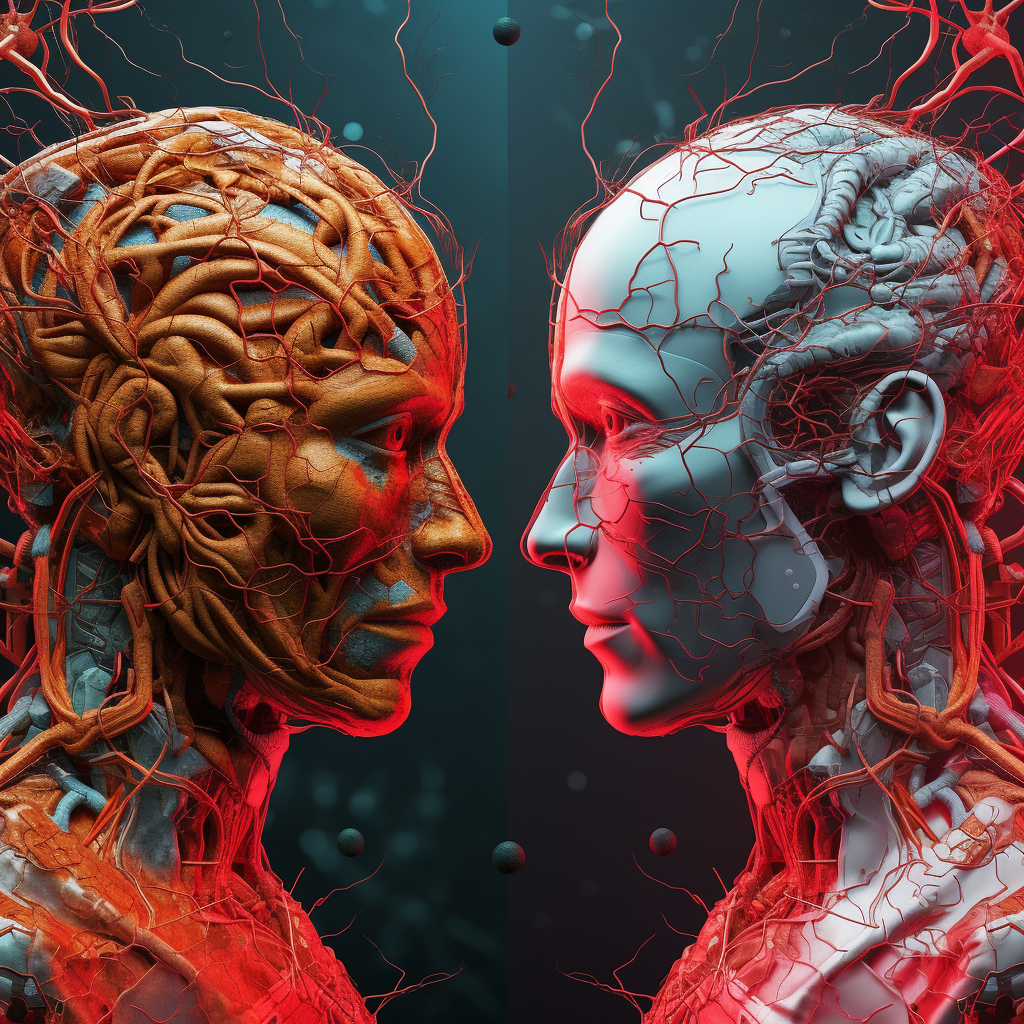July 5, 2023
AI vs. Authors – The Copyright Battle Unleashed by OpenAI’s ChatGPT
Book a Demo
Authors Mona Awad and Paul Tremblay have recently filed a copyright infringement lawsuit against OpenAI, a prominent AI research lab. The lawsuit alleges that OpenAI’s language model, ChatGPT, has generated text that closely resembles the works of Awad and Tremblay without their authorization.
Awad and Tremblay argue that ChatGPT’s ability to generate original text based on prompts infringes on their rights as authors. They claim that OpenAI’s use of their copyrighted material in training the chatbot violates their exclusive rights as creators. As a result, the plaintiffs are seeking damages and an injunction to prevent further unauthorized use of their works by OpenAI.
This lawsuit sheds light on the ongoing debate surrounding AI-generated content and the boundaries of copyright law in the digital age. With advancements in AI technology, there is a growing concern about the ethical and legal implications of using AI to generate original content.
OpenAI released ChatGPT in 2022, allowing users to interact with the chatbot. This action further exacerbates the alleged copyright infringement, as users may unknowingly be exposed to the text generated by the AI model that resembles the works of Awad and Tremblay.
The legal action against OpenAI serves as a reminder of the challenges and complexities surrounding intellectual property rights in the context of AI-generated content. As AI continues to advance, copyright laws and regulations may need to be adapted and updated to address the unique challenges posed by this technology.
The outcome of this lawsuit could have significant implications for the AI industry and its relationship with copyright law. It raises important questions about the ownership and protection of creative works in an era where AI can mimic human creativity.
As the case unfolds, it will be interesting to see how the court navigates these complex issues and determines the extent to which AI-generated content infringes on the rights of authors. This lawsuit serves as a crucial moment for the legal system to establish clear guidelines and precedents for the use of AI in creative endeavors and the protection of intellectual property.



